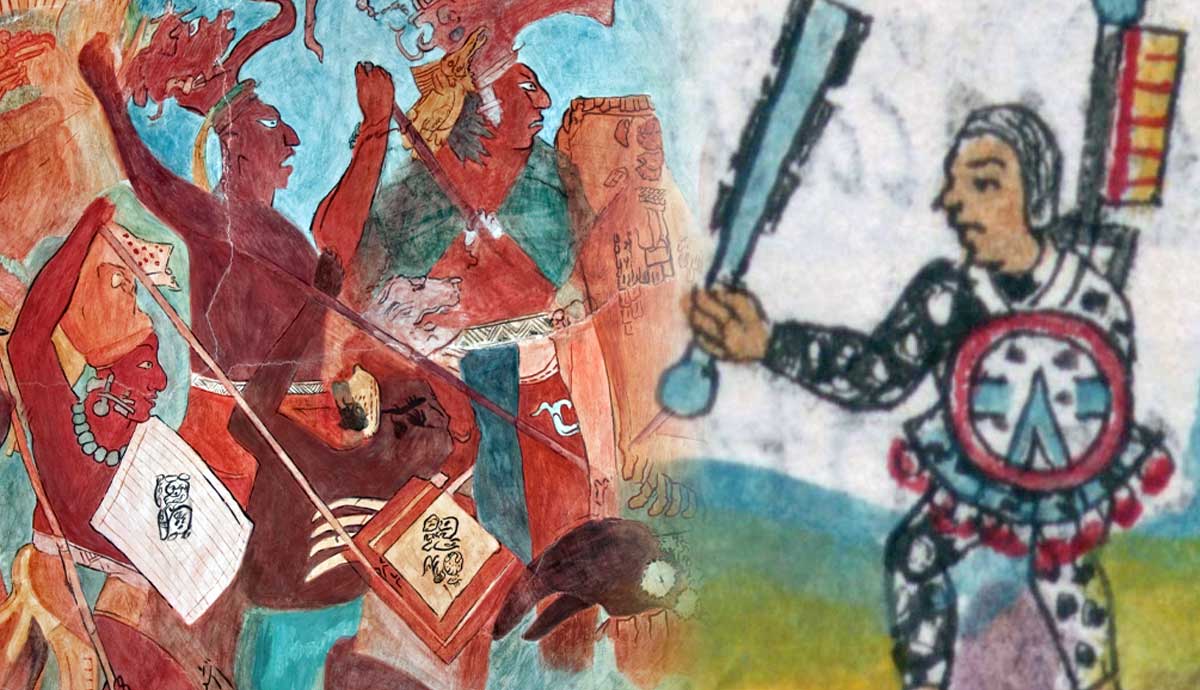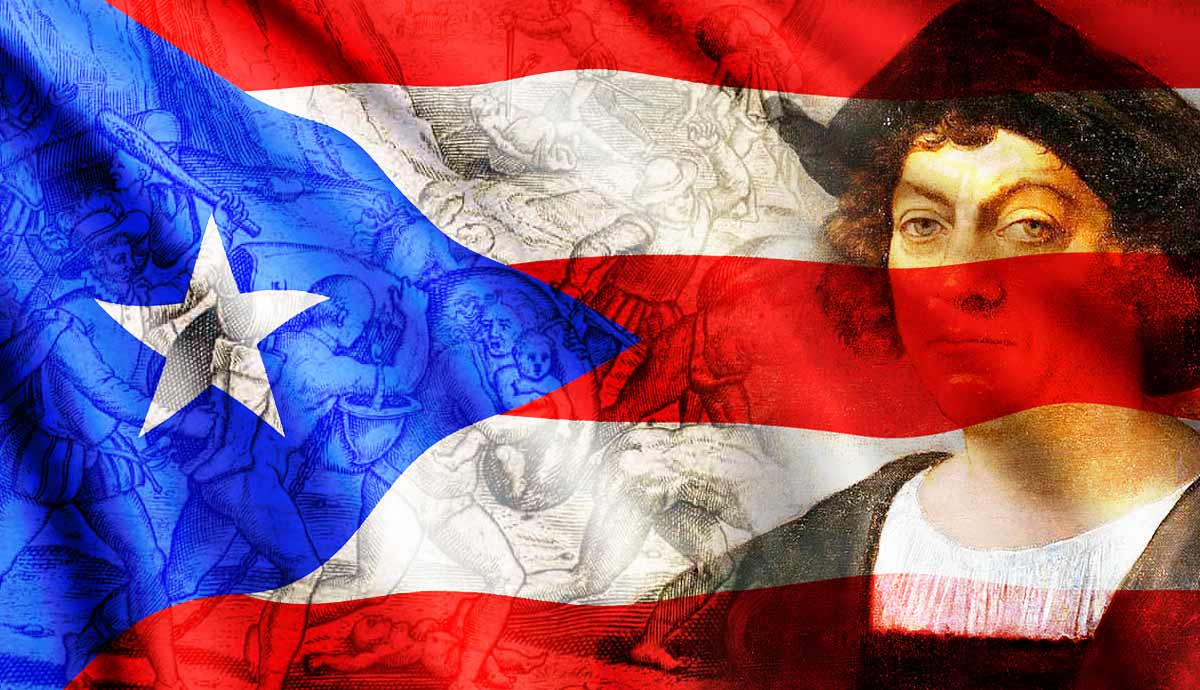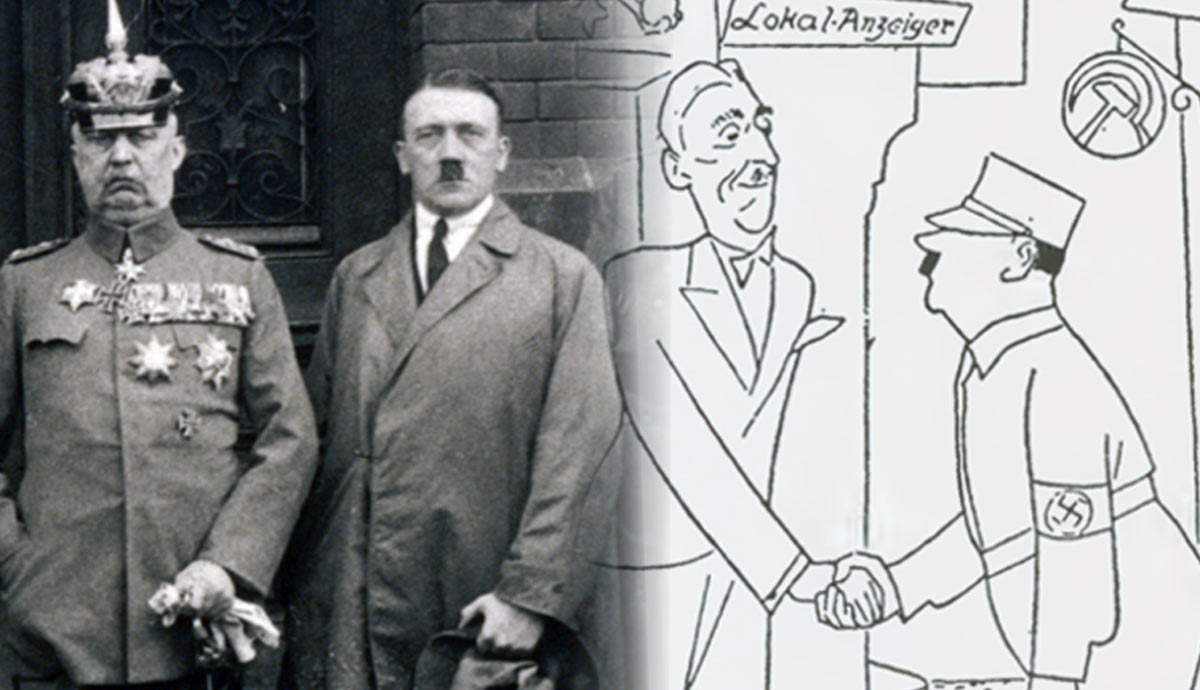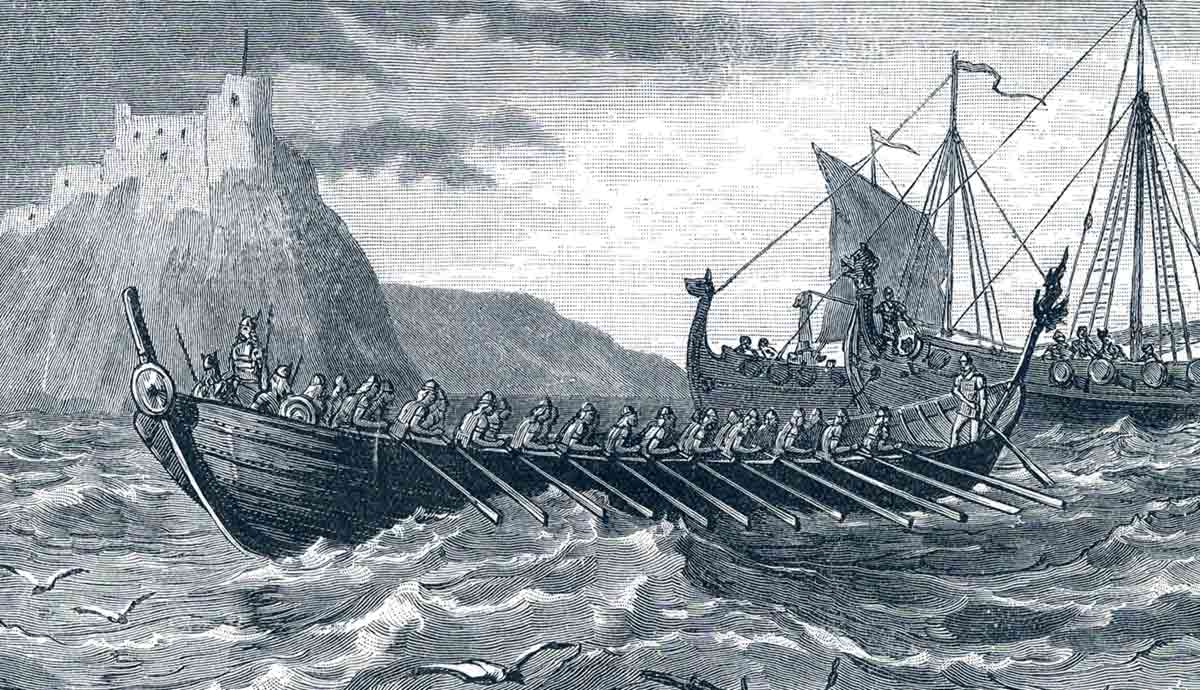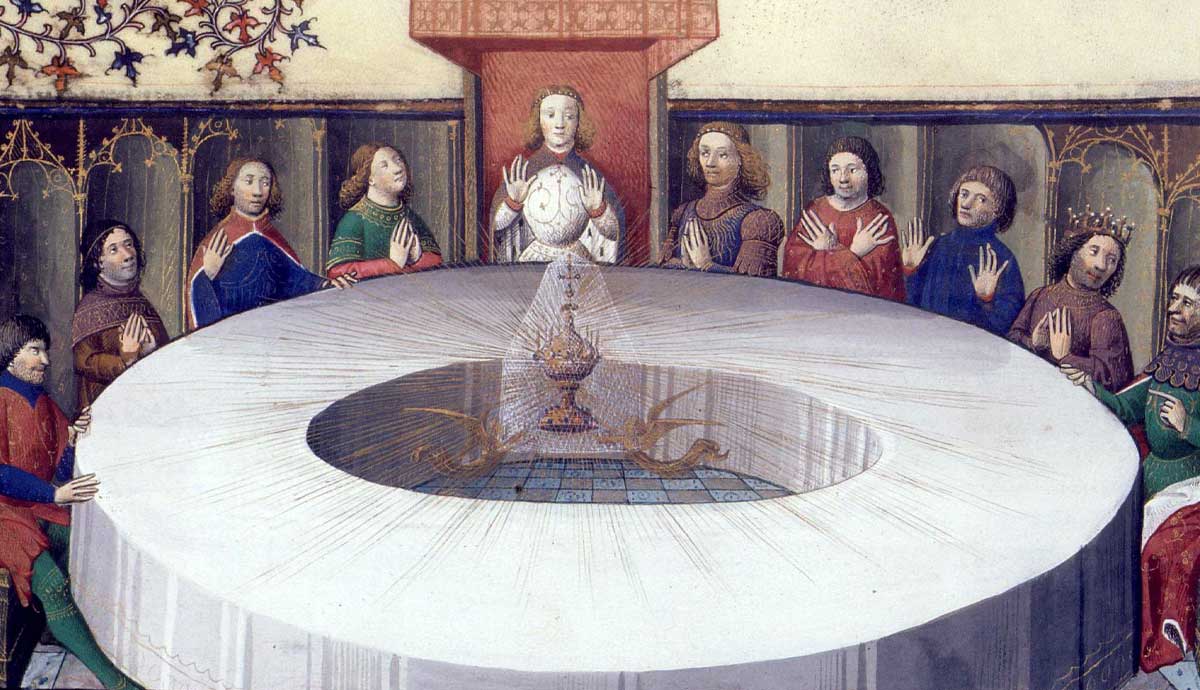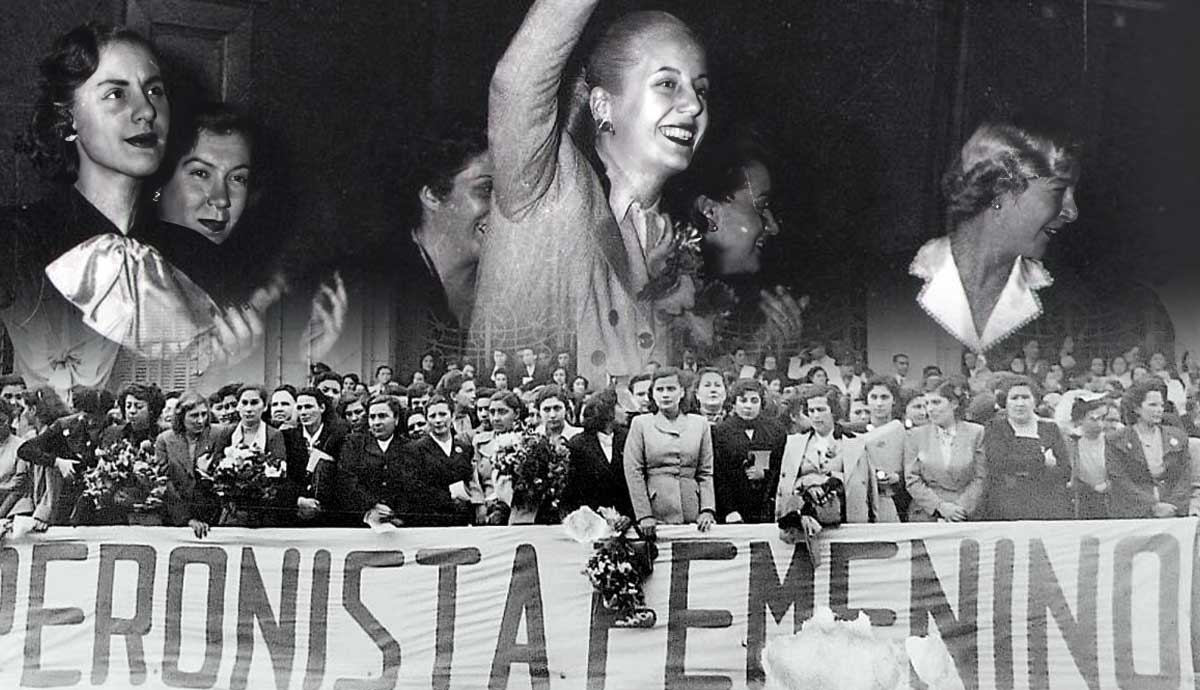
More than half a century after her death, Eva “Evita” Perón remains an intriguing figure, not only at home in Argentina but across the globe. In studying her legacy, many scholars present Evita as one of Latin America’s most prominent feminists, citing, for example, her role in the push for women’s suffrage and the establishment of the Women’s Peronist Party. Others see her incorporation of women into Argentina’s political system as merely a populist ploy to consolidate her husband’s power. The truth may lie somewhere in the middle.
Evita’s Rapid Rise to Power & Tragic End

Eva Duarte, then radio star, met future Argentine President Juan Perón in January 1944, when both participated in a charity event to raise money for earthquake victims. Perón, an army colonel, was serving as Secretary of Labor and Social Welfare. They quickly became inseparable, despite opposition within the military to Perón’s involvement with a soap opera star. They married in 1945, and Perón was elected president the following year—in just two years, Evita went from actress to First Lady.
Perón tasked Evita with serving as his ambassador to the descamisados, “shirtless ones,” the Argentine workers whose support he had won as Secretary of Labor. She quickly set to work implementing the social justice she would become famous for, giving money and material goods to the poor and building schools, hospitals, and housing through the Eva Perón Foundation.
Evita became so popular among the descamisados that, when Perón began to campaign for a second term, many wanted Evita to run as vice president. Perón, however, did not support her candidacy. Evita reluctantly accepted his decision, tearfully renouncing her candidacy in a radio address that dismayed millions of Argentines.
Shortly thereafter, Evita fell ill, and her health quickly deteriorated. She took to her sick bed, from which she voted for the first time in the 1951 elections. She delivered her final public speech on May 1 while being held upright by Perón, no longer able to stand on her own. Her final public appearance came at Perón’s June 4 inauguration.
Just eight years after meeting Perón, Evita passed away on July 26, 1952, at age thirty-three.
Evita and the Push for Women’s Suffrage

Evita enjoyed a significant amount of power during her husband’s presidency. She was able to act fairly independently, by some accounts, as well as influence Perón. One of the first causes the Peróns took up once in power was women’s suffrage. Suffrage was a cause Argentina’s feminist movement had been fighting for since the early 20th century. Even before becoming president, Perón sent a petition to his predecessor requesting a presidential decree declaring women’s suffrage, a request that was rebuffed. Perón had been in office only a few months when he and Evita presented a women’s suffrage bill to Congress.
Scholars note that public debate and propaganda over the bill were largely unnecessary; Peron’s party’s sweeping success meant he had the votes. Nevertheless, Evita launched a vibrant campaign for the cause, organizing suffrage rallies, giving impassioned speeches, and participating in radio broadcasts, encouraging the incorporation of women into Argentine politics.
In her first official speech after Perón’s election, she stated, “The Argentine woman has overcome this period of civil tutelage… Women must vote.” The bill passed in September 1947 with little opposition.
Once women were given the vote, it was Evita who tackled the daunting task of organizing them into a viable political force—one that would, of course, be loyal to Perón. She took charge of the new Partido Perónista Femenino (Women’s Peronist Party, PPF), which incorporated all previous Peronist women’s community groups and organizations. Evita shone as president of the party, making the endeavor arguably one of the region’s most successful women’s political parties at the time.

Part of its success lay in its ability to make good on promises to working-class women, who would visit local outposts to request money, political favors, and other opportunities. Evita and the PPF worked not only to secure women’s rights but, perhaps more importantly, to address the real problems, like poverty and joblessness, that plagued their everyday lives.
The PPF allowed women to serve in political office for the first time in the country’s history, and by 1951, Argentina had the highest number of female deputies in the hemisphere. In the 1951 elections, six women senators and twenty-three women deputies were elected. A woman was also elected Vice President of the Chamber of Deputies, the highest position held by a woman in Latin America.
Perhaps more important than any “feminist” agenda that Evita pursued, however, were her own behavior and career. There had certainly been other first ladies, but no other woman in the country’s history had ever had so much power.
As first lady, Evita was in charge of not only the PPF but also directed the Eva Perón Foundation, effectively ran the Ministry of Labor, and controlled several newspapers. Such a powerful female figure, who made a great show of coming from nothing, stood as an inspiration to ambitious Argentine political hopefuls and working-class women.
The Feminist Movement in Peron’s Argentina

While the Peróns’ actions and policy pursuits empowered Argentine women, those who enjoyed Evita’s company knew her to be opposed to Argentina’s feminist movement. Her speeches and appeals to Argentine women belie a conception of women as subordinate to men and meant to fill a natural role as mothers and wives, an idea decidedly contrary to any mainstream theory of feminism. Above all, Evita was a Peronist.
Argentina’s feminist movement was relatively small and, for the most part, had failed to reach most women in the country. Early on, the movement clashed with Peronists over the issue of suffrage. For fifty years, these women had fought for the vote—fifteen separate bills for women’s suffrage had been presented to Congress between 1911 and 1946, and each had failed.
They were opposed to the idea of granting suffrage through presidential decree—as Perón had requested initially—because it could later be taken away by a new president. They saw Perón’s interest in the issue as nothing more than a ploy to shore up support for his inevitable run for president, and they began to work in opposition to the Peróns.
From the beginning of Perón’s presidency, Evita distanced herself and Peronism from feminist movements. In speeches promoting suffrage, Evita emphasized that it would not be a dramatic social change, promising that the right to vote would not lead women to become more masculine or overbearing—just the opposite.

Evita’s personal view of Argentina’s feminist movement was apparently no secret either, though it is often overlooked by historians and biographers. According to researcher Marifran Carlson, “She spoke contemptuously of committed feminists as masculine women of the oligarchy, castrating women who wanted to be men, false progressives who copied foreign ideas, snobs and cultural imperialists, anti-nationalist and therefore anti-Perón.”
In her own words, “Everything I knew about feminism seemed to me ridiculous. For, not led by women but by those who aspired to be men, it ceased to be womanly and was nothing: feminism had taken the step from the sublime to the ridiculous.”
Evita’s view of the role of women was relatively traditional. She believed that, above all, a woman’s duty was in the home, as caregiver and wife, declaring, “The first objective of a feminine movement which wants to do good for women, which doesn’t aspire to change them into men, must be the home.”
She believed women could improve society by civilizing men, not by filling their roles. Evita emphasized in public speeches her role as mother of the nation and, most importantly, her subordination to Perón. Argentine women were expected to follow the first lady’s lead, remaining loyal to Perón above all and fulfilling their destinies as the mothers of “el pueblo.” According to scholar Nikki Craske, “Peronism transformed motherhood into a political function imposed by the state.”
Furthermore, while Evita had achieved great political power, she apparently had little interest in helping other women do the same. According to researcher Mariano Plotkin, for example, at the PPF, Evita “reigned as a veritable monarch… She would not tolerate the presence of independent-minded women in the party who might overshadow her.”
Ambition, political aspirations, and free thought were not encouraged, only devotion to Perón and support for his agenda.
Feminism as a Tool for Populism

Evidence overwhelmingly supports the idea that women’s empowerment was not one of Peronism’s guiding philosophies—one conceived by Perón, not Evita, whose role was simply to promote it, to serve as a kind of feminist propaganda. An essential component of populist politics is winning over “el pueblo,” masses of available supporters who have traditionally been ignored by previous governments. Women were a part of “el pueblo” in Argentina, one that made up a significant percentage of the workforce. Harnessing their power meant Perón stood to gain a valuable, unexploited source of support—assuming they were permitted to vote.
As Plotkin notes in Mañana es San Perón: A Cultural History of Perón’s Argentina, “Women would gain political rights because Perón needed women to bring his doctrine into the home.” Women’s rights functioned as an incentive to educate men, their children, and their husbands in the Peronist doctrine. A woman’s proper role in Perón’s Argentina was to nurture young Peronists.
A similar example of the shallowness of Perón’s conception of women’s empowerment was the Women’s Peronist Party. The organization’s activities had little to do with actual politics, which, despite suffrage, was still not considered an appropriate sphere for women by the majority. Instead, the PPF, like the Eva Perón Foundation, was primarily responsible for administering social justice. Only in its early days did the PPF engage in anything resembling political organizing, as women traveled to the Argentine countryside to promote Peronism and recruit new party members.

Once this task was sufficiently accomplished, the women’s efforts were refocused on doling out cash, goods, and favors to the descamisados in the name of Perón and Evita. They still filled an essential political function—social justice was crucial to maintain the loyalty of the descamisados—but the women’s work was not political participation in a traditional sense.
The role of newly enfranchised women in bolstering Perón’s power was evident in his second election in 1951. Perón’s total votes grew to 4.7 million, or 63.5 percent, and Peronists took every Senate seat. Over 90 percent of eligible women voted. What was also clear, however, was that the political opportunities opened to women by the new government were reserved for Peronists. All of the political positions filled by women were coincidentally filled by Peronists; none of the female communist or socialist candidates were elected.
Eva Peron’s Feminist Legacy

Eva Perón remains one of the most powerful women in Argentine history. As first lady, she helped shape the course of the nation’s history, winning support for her husband while delivering social justice to the nation’s least fortunate men, women, and children. Her role in securing women’s suffrage, creating the first official women’s political party, and empowering women throughout the country, as well as her personal political ambition and success, have led some scholars to call her an early feminist. The reality—that Peronism used women’s empowerment primarily as a political tool to bolster Perón’s support base and secure his position as the country’s leader—has led others to dismiss the notion of Evita as a feminist icon.
Although Evita was not, by her own admission, a feminist, it would be a grave error to conclude that she therefore did nothing to forward the feminist cause. On the contrary, regardless of her impetus, her involvement in politics and her campaign to incorporate women into Argentina’s political system represented a giant leap forward for women’s rights in the country, perhaps the longest-lasting legacy of her time in power. As she involved women in the nation’s political decisions, helped them in their daily struggle for survival, and offered inspiration through her example, Evita opened a world of new and exciting opportunities to them. Her efforts helped create a political space for women in Argentina, a space that has only expanded since her death.

